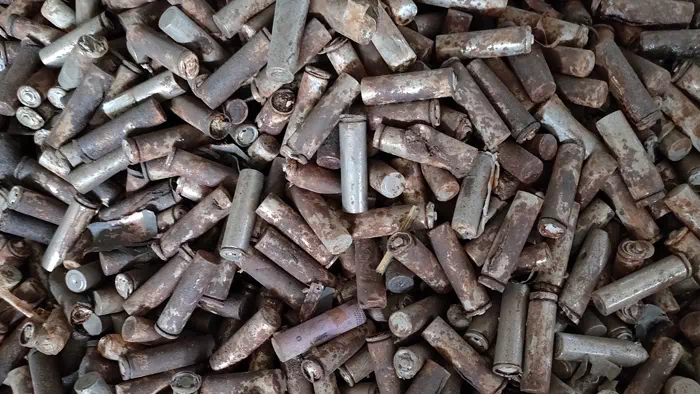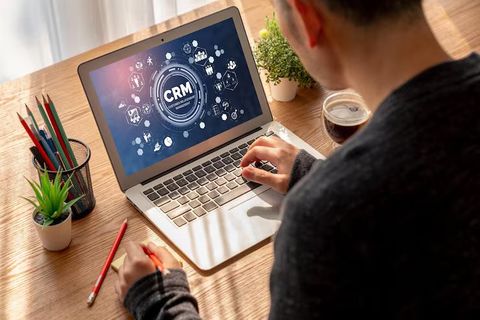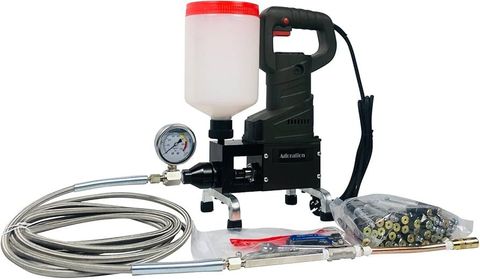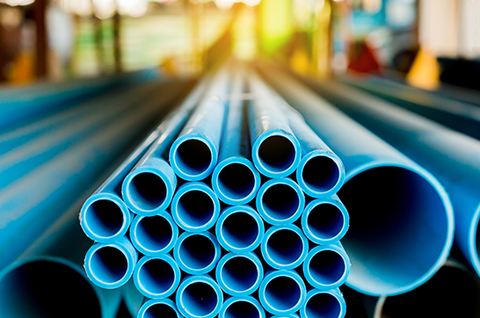Lithium, a valuable and limited resource, is widely used in battery production, but improper disposal can lead to environmental hazards, fire risks, and resource wastage. To combat this, many industries and individuals are now turning to lithium recycling — a process that recovers valuable metals such as lithium, cobalt, and nickel from old batteries.

Finding reliable lithium scrap buyers and recyclers ensures not only better financial returns but also environmental compliance and safety in handling hazardous materials.
Importance
Lithium recycling is more than a business — it is a critical step in creating a sustainable energy future. Here’s why this topic matters today:
-
Environmental Protection: Recycling prevents harmful materials from entering landfills or polluting water sources.
-
Resource Conservation: Lithium and cobalt are finite resources. Recycling helps recover them for reuse in new batteries.
-
Economic Benefits: Businesses and individuals can earn from selling lithium scrap instead of discarding it.
-
Regulatory Compliance: Many countries now enforce strict waste management rules for batteries and electronic waste.
-
Energy Efficiency: Recycling consumes less energy compared to mining new lithium from ore.
For industries involved in manufacturing, logistics, or consumer electronics, partnering with certified recyclers is crucial to maintaining sustainable operations and reducing their carbon footprint.
Recent Updates
Over the past year (2024–2025), lithium recycling has gained more attention globally due to increasing electric vehicle production and green energy policies. Key updates include:
| Trend/Update | Description | Impact on Buyers & Recyclers |
|---|---|---|
| Rising Lithium Prices (2024) | Lithium carbonate prices rose due to higher EV battery demand. | Increased demand for recycled lithium sources. |
| New Recycling Technologies | Companies like Li-Cycle and Redwood Materials developed advanced hydrometallurgical recovery methods. | Improved metal recovery efficiency and purity. |
| Government Incentives | Nations like the U.S., India, and EU offered subsidies for battery recycling startups. | Encourages legal and eco-friendly recycling operations. |
| Extended Producer Responsibility (EPR) | Manufacturers are required to collect and recycle end-of-life batteries. | Greater traceability and accountability in recycling. |
| Circular Economy Integration | Businesses now focus on closed-loop systems where recycled lithium is reused in production. | Enhances supply chain sustainability. |
These updates show that recycling is shifting from an optional activity to a core part of industrial and environmental strategies.
Laws or Policies
Lithium scrap handling and recycling are governed by environmental and industrial safety regulations that vary by region. Below are key frameworks impacting the sector:
-
India: Under the Battery Waste Management Rules, 2022, producers and recyclers must register with the Central Pollution Control Board (CPCB). EPR certificates are required to legally process lithium-ion batteries.
-
European Union: The Battery Regulation (EU) 2023/1542 mandates minimum recycling efficiency targets and proper traceability.
-
United States: The Battery and Critical Mineral Recycling Act promotes domestic recycling and offers tax credits for certified recyclers.
-
China: The Interim Measures for the Management of Recycling and Utilization of Power Batteries of New Energy Vehicles requires recyclers to track batteries throughout their lifecycle.
-
Global Standards: ISO 14001 (Environmental Management) and ISO 45001 (Occupational Safety) certifications are key indicators of reliable recyclers.
Compliance with these regulations ensures recyclers operate legally, safely, and with environmental accountability.
Tools and Resources
Choosing the right lithium scrap buyer or recycler becomes easier with the help of verified tools, online directories, and certification platforms.
Verification Platforms and Databases
| Tool/Website | Purpose | Usefulness |
|---|---|---|
| CPCB EPR Portal (India) | Verify registered recyclers under government regulations. | Ensures legal and safe recycling. |
| EPA Certified Facility List (USA) | Locate licensed recyclers for lithium-ion batteries. | Avoids dealing with illegal operators. |
| Global Recycling Network | Directory of metal recyclers and buyers worldwide. | Ideal for international trade connections. |
| ScrapMonster & Recycler’s World | Online marketplaces for selling lithium scrap. | Helps compare buyer rates and credibility. |
Quality and Logistics Tools
-
ISRI Standards: The Institute of Scrap Recycling Industries defines grading standards for lithium scrap.
-
Freightos / ShipBob: Estimate logistics costs for transporting lithium scrap safely.
-
Greenly or CarbonChain: Track and report carbon emissions for compliance reporting.
Safety and Testing Tools
-
QIMA Testing: For material analysis and metal content verification.
-
Thermo Fisher Portable Analyzers: Used to determine lithium content before sale.
These tools ensure that businesses deal only with legitimate, efficient, and environmentally responsible recyclers.
FAQs
Q1: What should I check before selling lithium scrap to a buyer?
A1: Verify that the buyer is registered with environmental authorities, holds valid EPR authorization (if applicable), and uses safe recycling technologies. Request proof of certification before transactions.
Q2: How is lithium scrap usually priced?
A2: Prices depend on lithium content, purity, and market demand. As of 2025, rates range between $12–$25 per kg for battery-grade scrap, depending on quality and location.
Q3: Is it legal to sell lithium scrap without a recycling license?
A3: Individuals can sell scrap to authorized recyclers, but companies generating bulk waste must comply with waste management laws and maintain records for audit purposes.
Q4: What are the risks of selling lithium scrap to unregistered recyclers?
A4: Illegal recyclers may mishandle hazardous waste, causing fire hazards, pollution, or legal penalties for sellers. Always choose certified operators.
Q5: Can recycled lithium be reused in new batteries?
A5: Yes. Advanced processes can recover up to 95% of lithium and other metals, which are reused in manufacturing new batteries for EVs and electronics.
Example Chart: Lithium Scrap Flow
| Stage | Process | Output |
|---|---|---|
| Collection | Gathering of used batteries from EVs, electronics, and industry | Scrap feedstock |
| Sorting | Separation of battery types (Li-ion, LiFePO4, etc.) | Classified materials |
| Mechanical Processing | Crushing, shredding, and electrolyte removal | Battery powder |
| Hydrometallurgical Treatment | Metal extraction using solvents | Recovered lithium, cobalt, nickel |
| Refining | Purification and conversion to lithium carbonate or hydroxide | Battery-grade lithium |
This process ensures maximum material recovery and safe waste handling.
Final Thoughts
Selecting a reliable lithium scrap buyer or recycler requires due diligence, legal awareness, and an understanding of the recycling process. With stricter environmental regulations and growing lithium demand, verified recyclers are becoming essential partners in sustainable industry practices.
By checking licenses, certifications, and recycling methods, individuals and businesses can ensure that their lithium waste is managed responsibly — protecting both profits and the planet. Responsible recycling is not just an option anymore; it’s a necessity for the circular economy and the clean energy transition.





